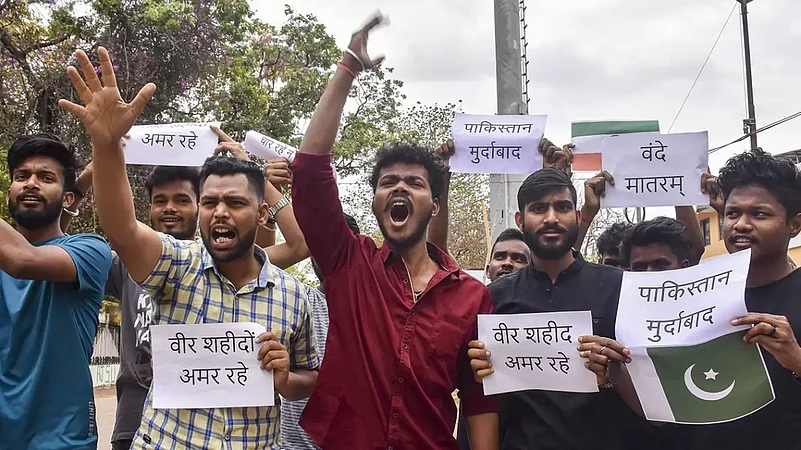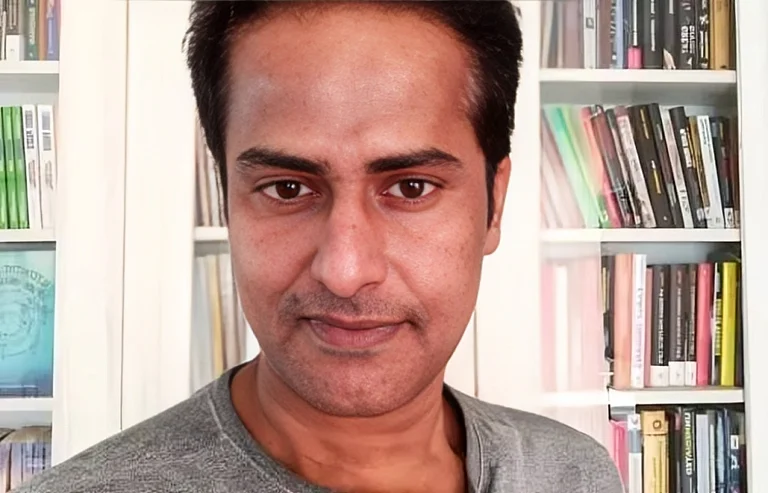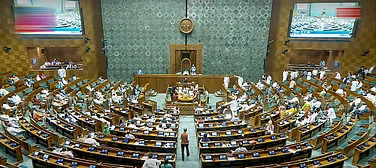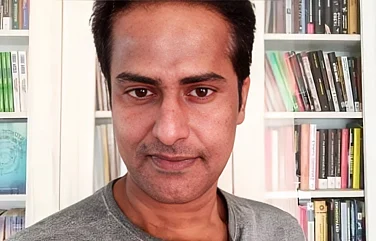A protest ensued in Jammu and Kashmir on Friday as scores of people took to the streets and raised anti-Pakistan slogans in view of the terrorist attack in Poonch district that killed five Army soldiers after their truck caught fire. The latest incident may cast a shadow on Paksitan foreign minister Bilawal Bhutto’s visit to India.
The Army, in a statement, said the victims belonged to a Rashtriya Rifles unit deployed for counter-terrorism operations. It also said the vehicle in which the soldiers were travelling came under fire from unidentified terrorists, who, likely, threw grenades at them, setting the vehicle ablaze.
Many of the protests were led by activists of Vishwa Hindu Parishad and Bajrang Dal who demanded stern action against the perpetrators. Meanwhile, the Bharatiya Janata Party (BJP), led by its general secretary Yudhvir Sethi, also took out a march and held a demonstration in Kachi Chawani area of the district. "We will avenge the killing of our soldiers. We will further strengthen the zero-tolerance policy," Sethi told reporters.
He said the attack was aimed at derailing peace and development in Jammu and Kashmir but the administration will not be cowed down.
Mission Statehood Jammu Kashmir, a local organisation, also led a protest in the New Plot area, burning Pakistani flags and effigies amid sloganeering. Its president Sunil Dimple alleged the Poonch attack was due to the complete failure of the Centre and J&K administration even as they claim to have ensured peace and normalcy in the Union Territory.
He recalled past incidents where several Army and security personnel lost their lives in militant attacks in Poonch and Rajouri border districts.
The Shiv Sena Dogra Front also staged an anti-Pakistan protest. Its members, led by its president Ashok Gupta, demanded that Indian troops destroy the terror network in Pakistan.
Pakistan Minister Bilawal Bhutto’s visit
The terror attack took place hours after Pakistan foreign minister Bilawal Bhutto Zardari announced that he would be leading a delegation visiting India for the Shanghai Corporation Organisation (SCO) summit in May in Goa.
Although the summit is still two weeks away, the attack is likely to dampen the spirit and further strain the already-strained ties between the two neighbours.
The bilateral ties between India and Pakistan have been severely strained due to several recent terror attacks, starting with the 26/11 Mumbai attack of 2008, the 2016 Pathankot terror attack, the Uri strike, and Pulwama in 2019, as well as due to the Centre’s decision to abrogate Article 370.
The Pakistan foreign minister's visit to India will be the first such trip from Islamabad in many years. In 2011, then Pakistan foreign minister Hina Rabbani Khar had visited India that year. In May 2014, then Pakistan Prime Minister Nawaz Sharif had visited India to attend Prime Minister Narendra Modi's swearing-in ceremony.
Subsequently, in December 2015, the then External Affairs Minister Sushma Swaraj visited Pakistan, and days later Modi made a brief visit to that country.
Speaking on Bhutto’s upcoming visit, foreign ministry spokesperson Arindam Bagchi said that it would not be appropriate to view the participation of only one country.
"We look forward to a successful meeting. It will not be appropriate to focus on participation by any one particular country," he said.


























